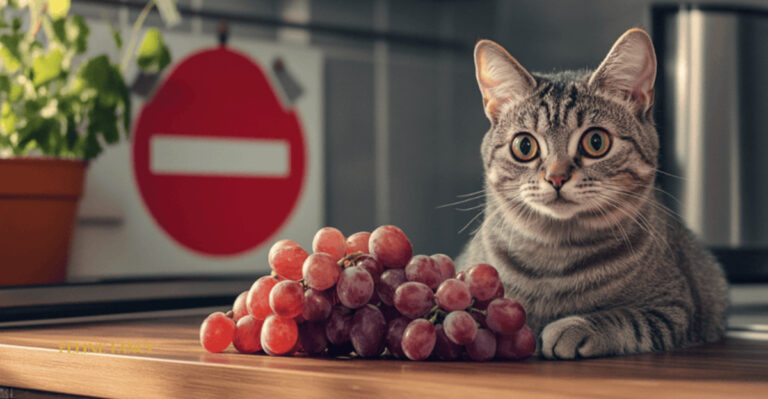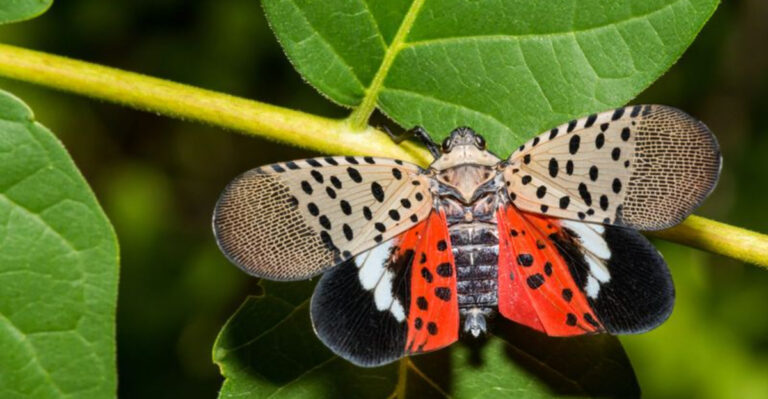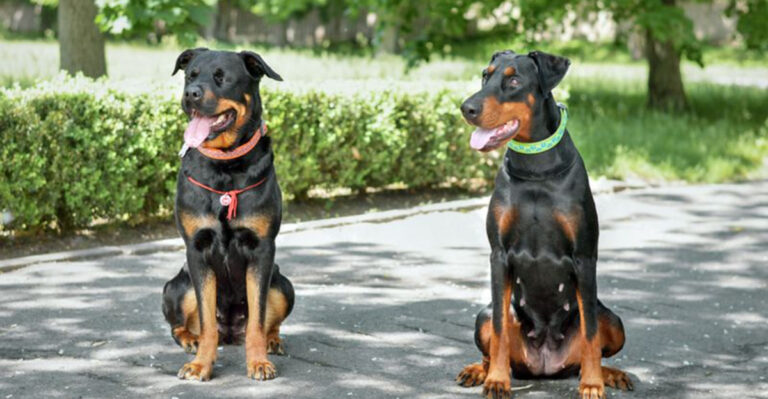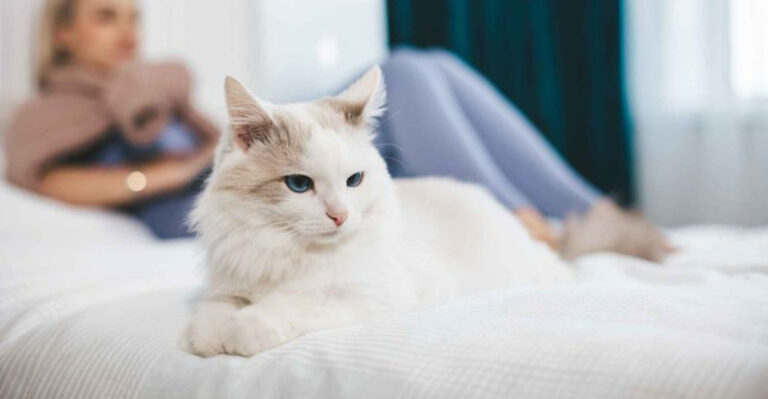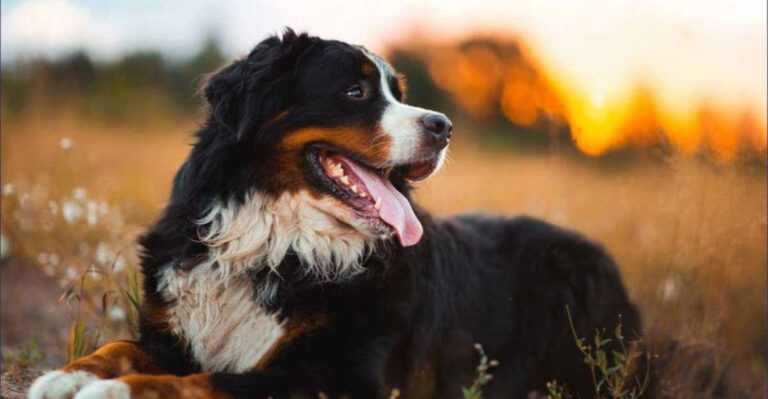11 Overlooked Feeding Mistakes Made By Cat Owners
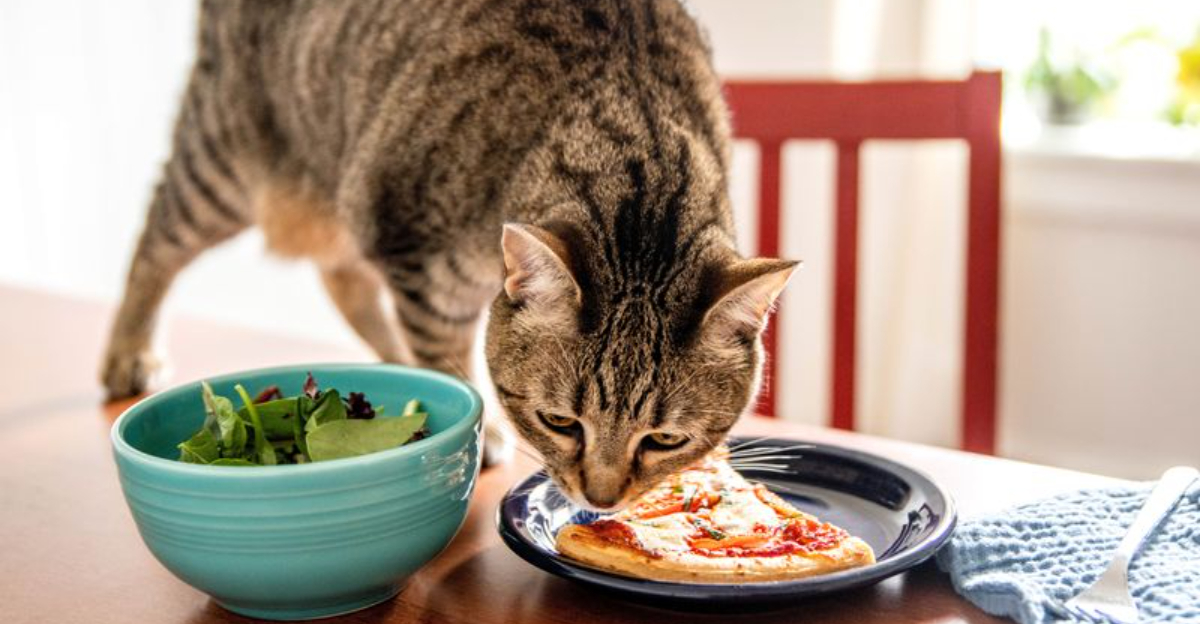
Feeding your cat seems simple, right? Just fill up the bowl, and you’re done. But lurking beneath the surface, there are hidden mistakes that many cat owners make.
These mistakes can lead to health issues or behavioral problems for your feline friend. Discover the most overlooked feeding mistakes and how you can avoid them, ensuring a happy and healthy cat.
1. Ignoring Portion Sizes
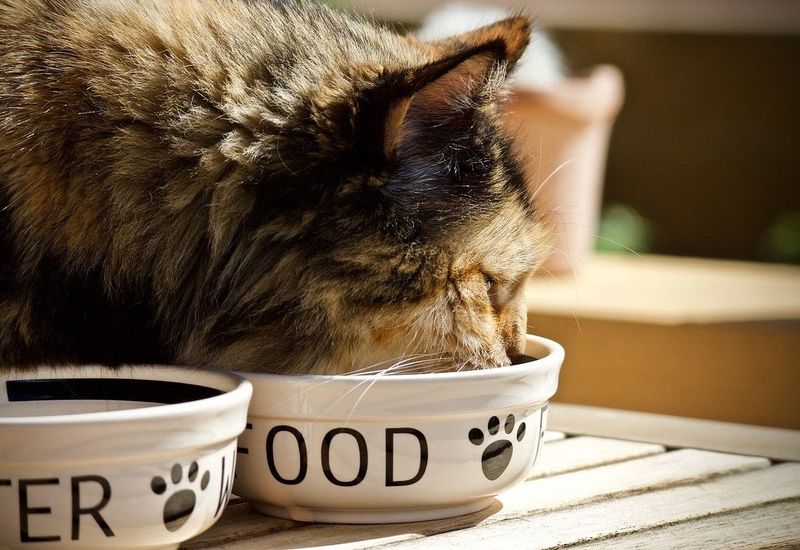
Many cat owners fill up the bowl, thinking more is better. But cats need specific portion sizes to stay fit.
Overfeeding can lead to obesity, causing joint and health problems. It’s vital to follow the guidelines on cat food packaging or consult your vet about your cat’s needs.
Measure out meals using a cup or scale. This conscious step helps control weight and prevents overeating.
2. Feeding From The Dinner Table
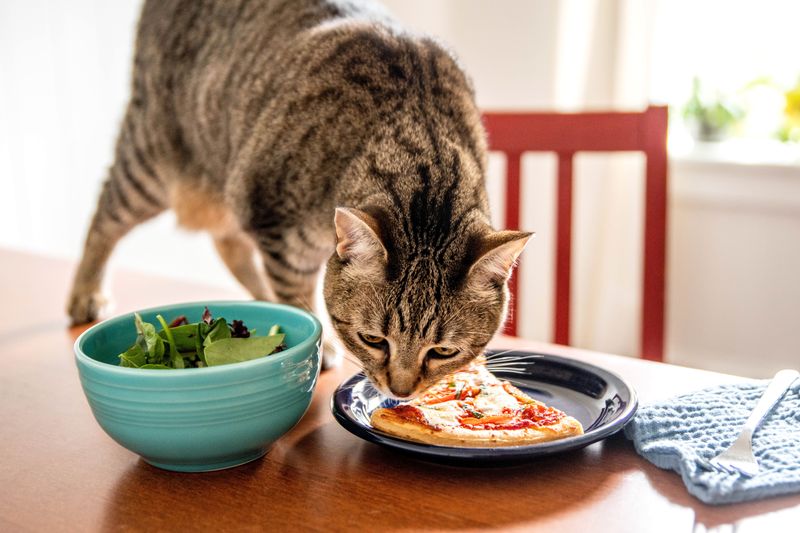
Letting your cat nibble on your dinner might seem cute, but it can lead to bad habits. Human food often contains ingredients harmful to cats, like onions or garlic.
It also encourages begging behavior, which can be hard to break. Instead, provide healthy cat treats designed for their needs.
By sticking to pet food, you ensure they receive balanced nutrition.
3. Not Providing Fresh Water
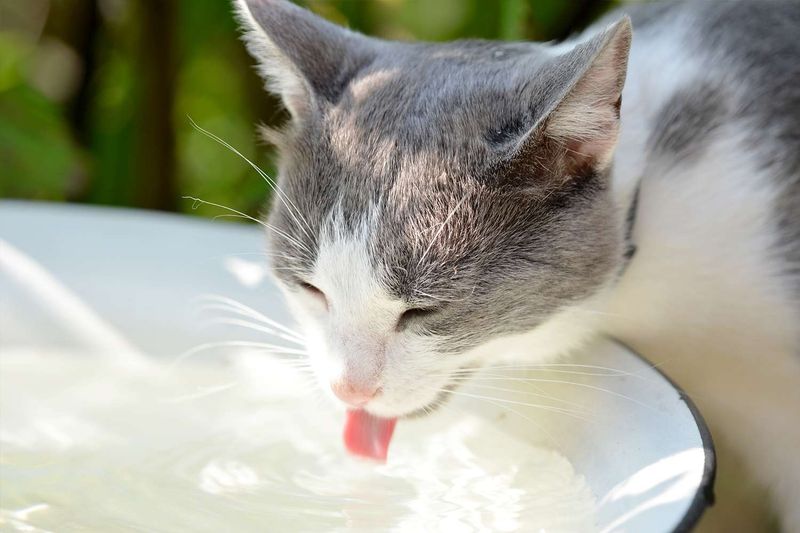
Water is as essential as food, yet some owners overlook this vital aspect. Cats need access to fresh, clean water daily.
Stagnant water can deter cats from drinking, leading to dehydration or urinary issues. Use a clean bowl, and consider a fountain to entice them to drink more.
Regularly refreshing their water supply is simple but crucial for their health.
4. Offering Milk As A Treat
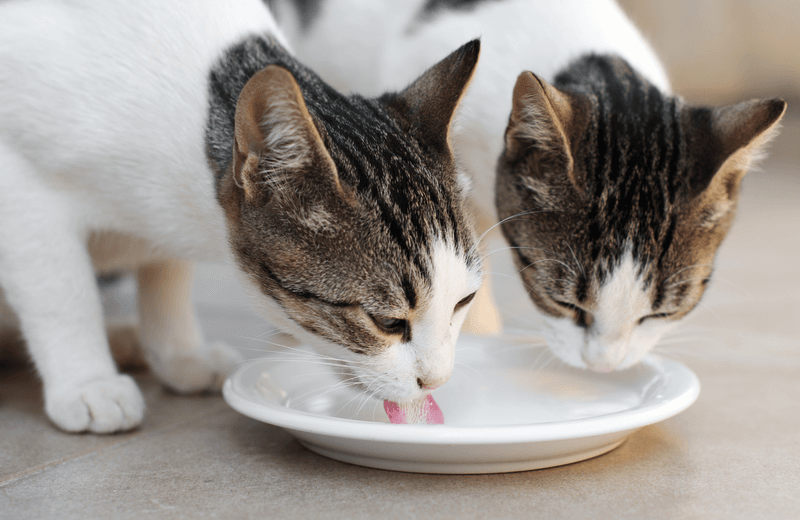
Many assume cats love milk, thanks to cartoons. However, most cats are lactose intolerant. Milk can cause upset stomachs and diarrhea.
If you want to give your cat a treat, opt for lactose-free milk or special cat milk. This ensures they enjoy a treat without digestive issues.
Understanding their dietary needs helps maintain their well-being.
5. Mixing Old And New Food
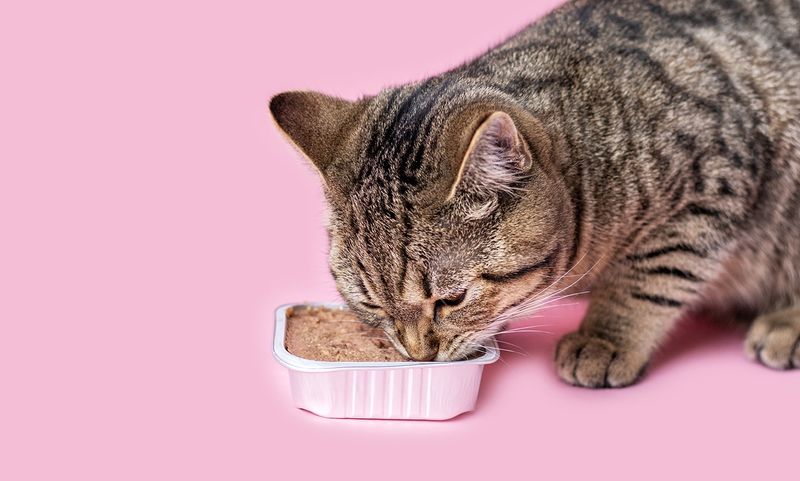
Switching cat food brands requires patience. Suddenly mixing new food with the old can upset their stomach.
Transition slowly over a week, gradually increasing the new food’s portion. This approach helps their digestive system adapt smoothly.
By doing this, you prevent unnecessary tummy troubles and keep them happy.
6. Feeding Only Dry Food
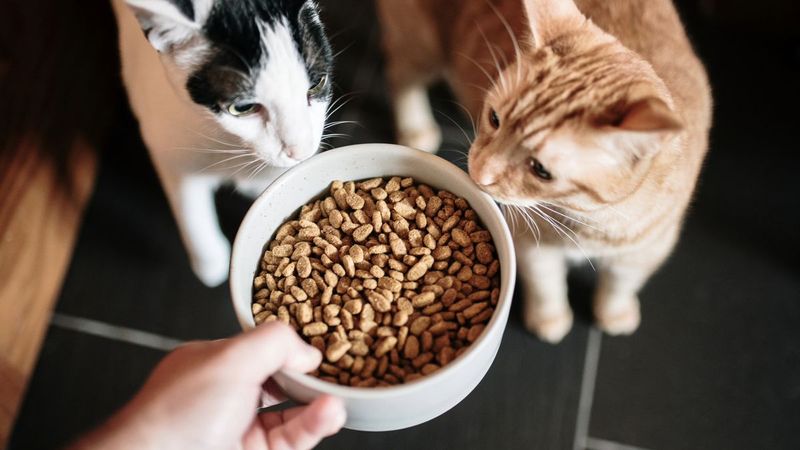
Relying solely on dry food may leave cats lacking moisture in their diet. Cats naturally get water from their prey.
Consider incorporating wet food to ensure they receive the necessary hydration. This balance can prevent urinary tract issues.
Offering a variety keeps their meals interesting and healthy.
7. Using Plastic Bowls
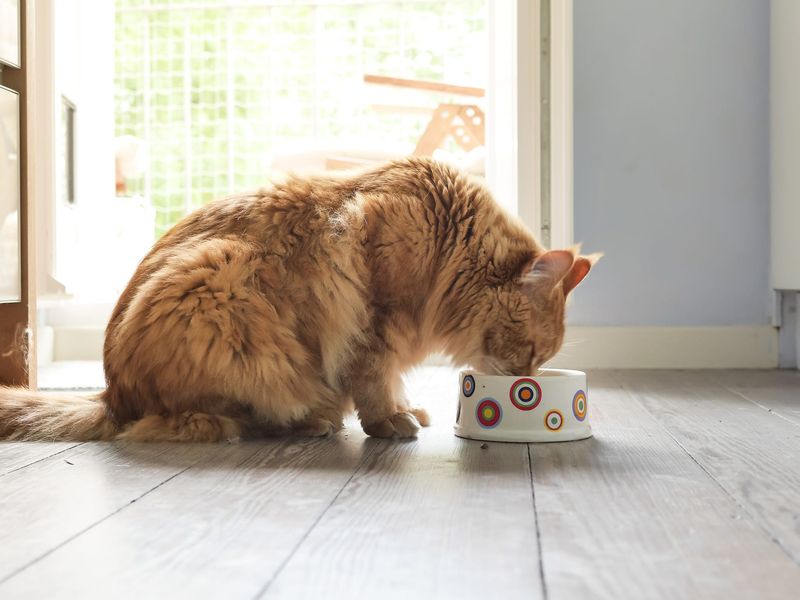
Plastic bowls can harbor bacteria and cause feline acne. Tiny scratches trap germs.
Opt for stainless steel or ceramic dishes, which are easier to clean and more hygienic. Regular washing prevents bacterial growth.
Making this change ensures your cat’s eating environment is safe and clean.
8. Feeding Dogs’ Food
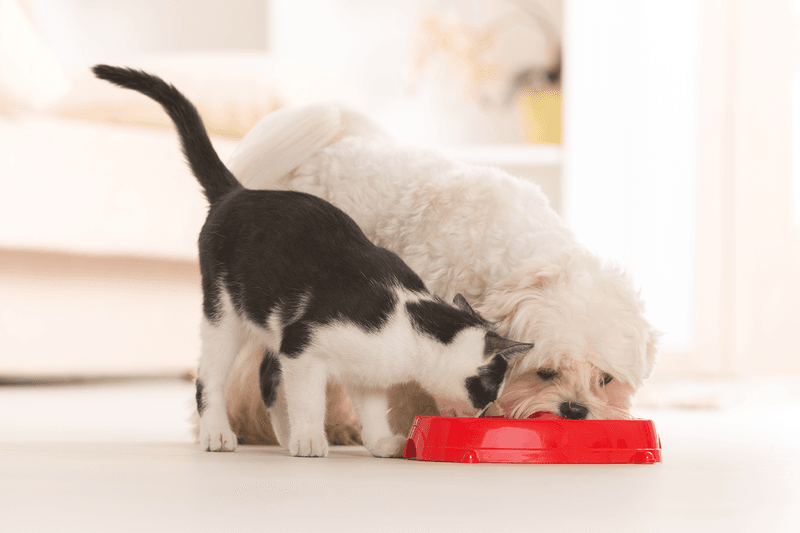
Dog food might seem similar, but it’s not suitable. Cats need more protein and specific nutrients like taurine.
Feeding cats dog food can lead to nutritional deficiencies. Stick to cat-specific food to meet their dietary needs.
Ensuring the right diet promotes better health and vitality.
9. Ignoring Food Allergies
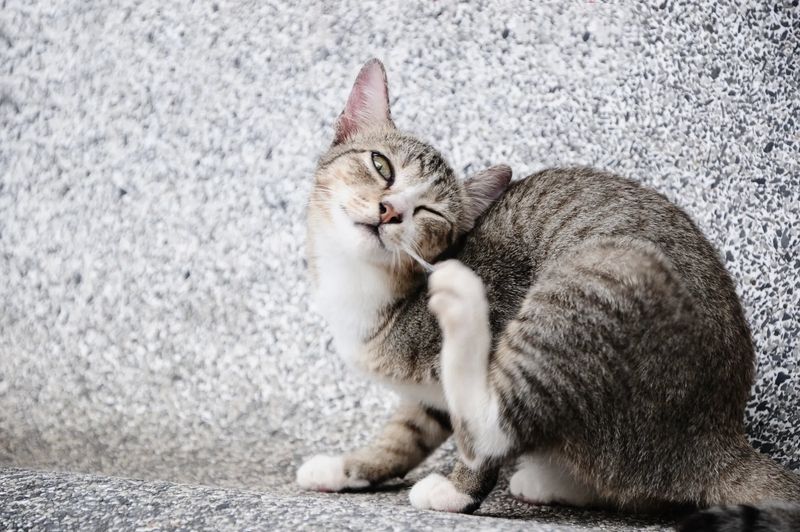
Some cats have food allergies, causing skin issues or digestive problems. Symptoms include itching and vomiting.
Work with your vet to identify and eliminate allergens. Specialized diets can help manage these issues effectively.
Attention to allergies ensures your cat remains comfortable and healthy.
10. Free Feeding
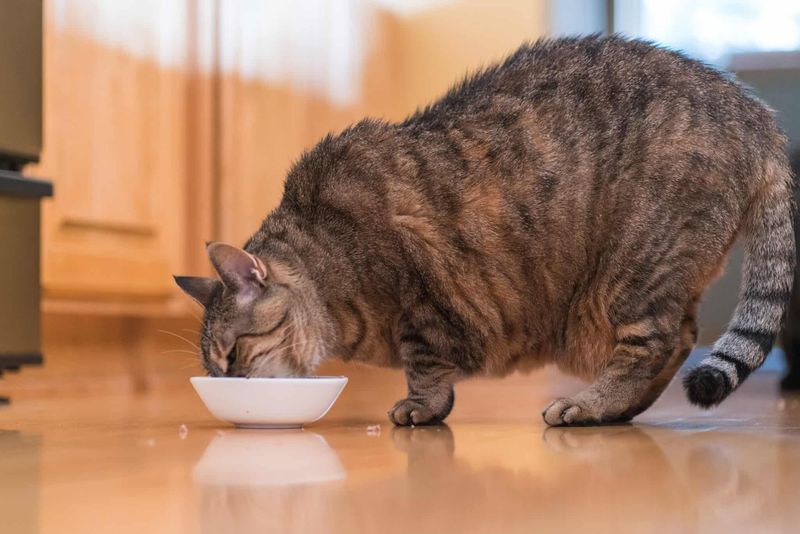
Leaving food out all day sounds convenient, but it encourages overeating. Cats eat out of boredom, leading to weight gain.
Scheduled meals promote healthier eating habits. Use set meal times and amounts to control intake.
This routine helps maintain a healthy weight and prevents obesity.
11. Skipping Vet Consultations
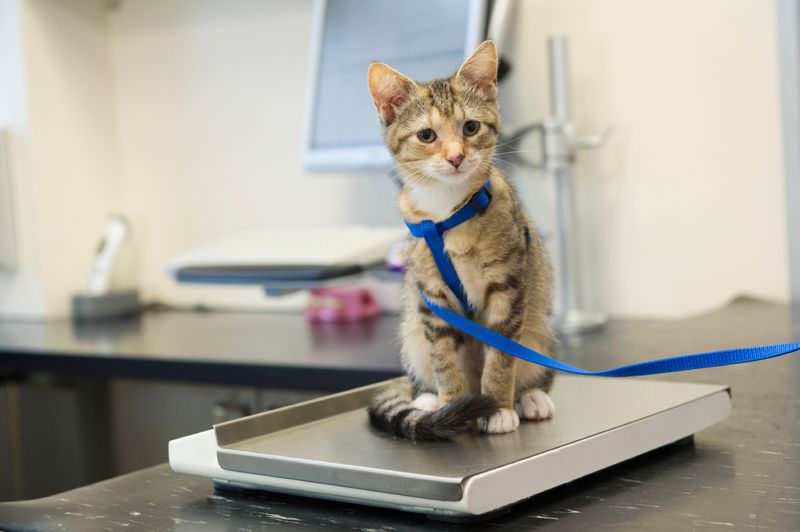
Regular vet visits provide insight into your cat’s dietary needs. Vets offer expert advice on nutrition.
Skipping these consultations means missing out on tailored dietary recommendations. They help identify any health concerns early.
Keeping up with vet check-ups ensures your cat’s nutrition and overall well-being are on track.

